home > articles > The Reliability of The Bible And How To Best Interpret It
THE RELIABILITY OF THE BIBLE AND HOW TO BEST INTERPRET IT
The Bible is the most influential book of all time. It’s contents have changed the course of history. It’s story has formed the pattern for all the great literary classics. It also makes the astounding claim that it is the uniquely authoritative revelation from God and therefore has the authority to command our moral behaviour. But if the Bible is not reliable, then its claims are indefensible and Christianity is without foundation! Yet despite this glaring vulnerability, the Bible has withstood rigorous scrutiny and repeated attempts to refute it. Here’s why it is indeed reliable.
.
THE BIBLE CLAIMS TO BE WRITTEN (INSPIRED) BY GOD
 The Bible claims to be inspired by God (2Timothy 3:16). That is, it claims that God chose to use and inspire men – their vocabulary, their manner of speech, their experiences, their understanding of the world – to record and deliver His uniquely authoritative message to the world. Thus, the Written Word of God is the product of God’s inspiration and Man’s expression, in a similar way to the Living Word (Jesus Christ) being the union of God and Man.
The Bible claims to be inspired by God (2Timothy 3:16). That is, it claims that God chose to use and inspire men – their vocabulary, their manner of speech, their experiences, their understanding of the world – to record and deliver His uniquely authoritative message to the world. Thus, the Written Word of God is the product of God’s inspiration and Man’s expression, in a similar way to the Living Word (Jesus Christ) being the union of God and Man.
IS THERE ‘SCIENTIFIC’ EVIDENCE FOR GOD?
“Science (from the Latin scientia, meaning “knowledge”) is, in its broadest sense, any systematic knowledge-base or prescriptive practice that is capable of resulting in a correct prediction, or reliably-predictable type of outcome.”
Wikipedia
 But how do we know that the Bible is that Word of God? It was Augustine in the fifth century who said that- if there is a God, it is reasonable to think that He would make Himself known. What Augustine was perhaps saying was, it is reasonable to approach the Bible with an open mind to it’s claims that it could indeed be the written revelation from God. In asking the question, Is there scientific evidence for God? we will be eventually asking, Is the Bible scientifically verifiable? Ultimately, the two questions are really asking the same thing. Interestingly, the Bible invites such ‘scientific’ investigation into its claims. It also makes certain scientific claims which makes it possible to easily verify or dismiss the veracity of the Bible. For example, in the Gospel of Luke, the writer gives the world a dangerously vulnerable assertion-
But how do we know that the Bible is that Word of God? It was Augustine in the fifth century who said that- if there is a God, it is reasonable to think that He would make Himself known. What Augustine was perhaps saying was, it is reasonable to approach the Bible with an open mind to it’s claims that it could indeed be the written revelation from God. In asking the question, Is there scientific evidence for God? we will be eventually asking, Is the Bible scientifically verifiable? Ultimately, the two questions are really asking the same thing. Interestingly, the Bible invites such ‘scientific’ investigation into its claims. It also makes certain scientific claims which makes it possible to easily verify or dismiss the veracity of the Bible. For example, in the Gospel of Luke, the writer gives the world a dangerously vulnerable assertion-
¶ In the fifteenth year of the reign of Tiberius Caesar, Pontius Pilate being governor of Judea, and Herod being tetrarch of Galilee, and his brother Philip tetrarch of the region of Ituraea and Trachonitis, and Lysanias tetrarch of Abilene, during the high priesthood of Annas and Caiaphas,
Luke 3:1-2a
This historical claim is easily testable. So are most of the other historical claims. But what about other scientifically verifiable claims?
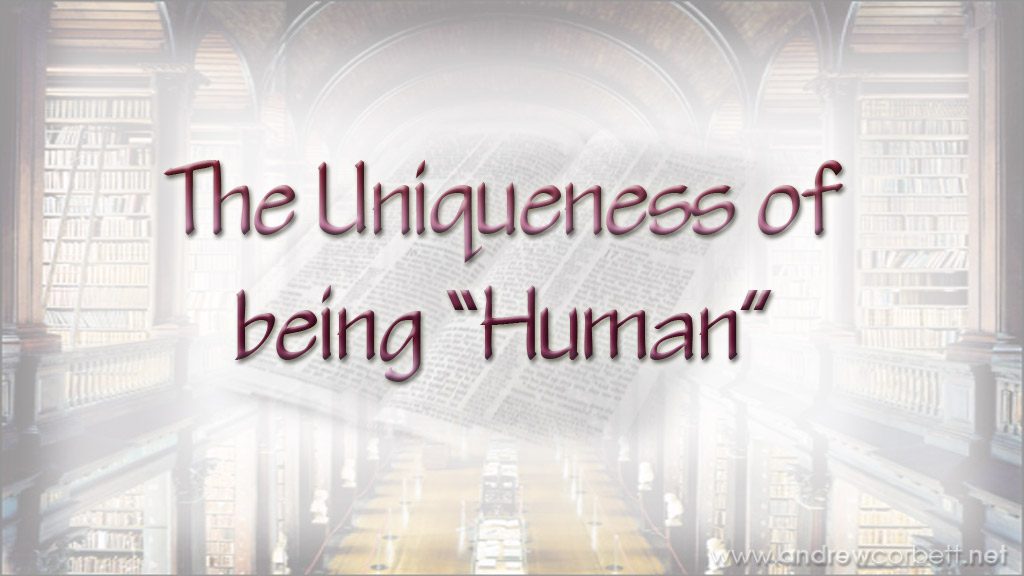
Human beings are unique for several reasons. One of the main traits that humans uniquely possess is philosophical curiosity – especially when it comes to asking the “big” questions. Who am I? Why am I here? Is there a God? Who is He? There is something seemingly intuitive within every human heart that acknowledges a God and a spiritual realm. This is why 98% of the globe’s population believe in “God”. Democracy or popularity is not necessarily a reliable guide for determining truth, but when the numbers are so conclusive it does present a strong case for belief in God being a universally intuitive knowledge. Not only is exploring the concept of God a uniquely human endeavour, so is the exploration of these big questions (Who am I? Why am I here? What is truth?). This is one of the things that makes us different to animals. I own a cat. I never seen my cat crawl up in the corner, put its paw to its mouth and purr: “Hmm, who am I? Why am I here?”
The Bible asserts that every human is born with an innate knowledge of God’s existence. It goes on to say that God has revealed Himself through the “General Revelation’ of nature and the ‘Special Revelation’ of Scripture. It then concludes that every person is therefore “without excuse” when it comes to a knowledge of God’s existence.
For what can be known about God is plain to them, because God has shown it to them. For his invisible attributes, namely, his eternal power and divine nature, have been clearly perceived, ever since the creation of the world, in the things that have been made. So they are without excuse.
Romans 1:19-20
The evidence for God from Creation might be grouped as –
1. The Cosmos’s origin can only be explained supernaturally (the “Big Banger”).
2. The essence of life is defined by complex information (DNA) which is best explained as originating from an Intelligent Person
3. Life exhibits complex systems which are best explained by a Grand Designer.
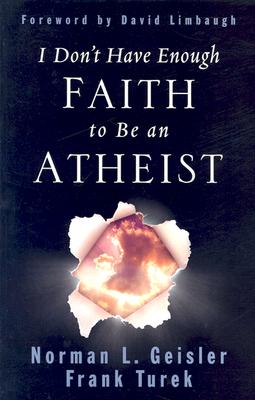
I’ll explore some of these in a little more detail shortly. But what the Bible asserts is that the evidence for God’s existence is all around us. Therefore, it takes more convincing to be an atheist, than it does to be a Theist (a believer in God). Norman Geisler and Frank Turek have enlarged on this idea in their book- I Don’t Have Enough Faith To Be An Atheist.
The gaps that the atheist has to fill are unfillable.
Ravi Zacharias
Because belief in God is so intuitive, it takes a lot more convincing to be an atheist, than it does to be a Theist (God believer). In fact, because there is so much evidence for God all around us, the atheist must continually remind himself that he does not believe there is a God.
“Only 2.5-3.8% of the world’s population identifies itself as atheistic. An additional 5-8% identified as agnostic.”
B.A. Robinson, “Religions of the World,” ReligiousTolerance.org (July 19, 2007)
While ‘General Revelation’ of God as revealed in the creation is sufficient to reveal God’s existence it is not sufficient to reveal God’s precise identity or will. But this is the claim of the Bible…
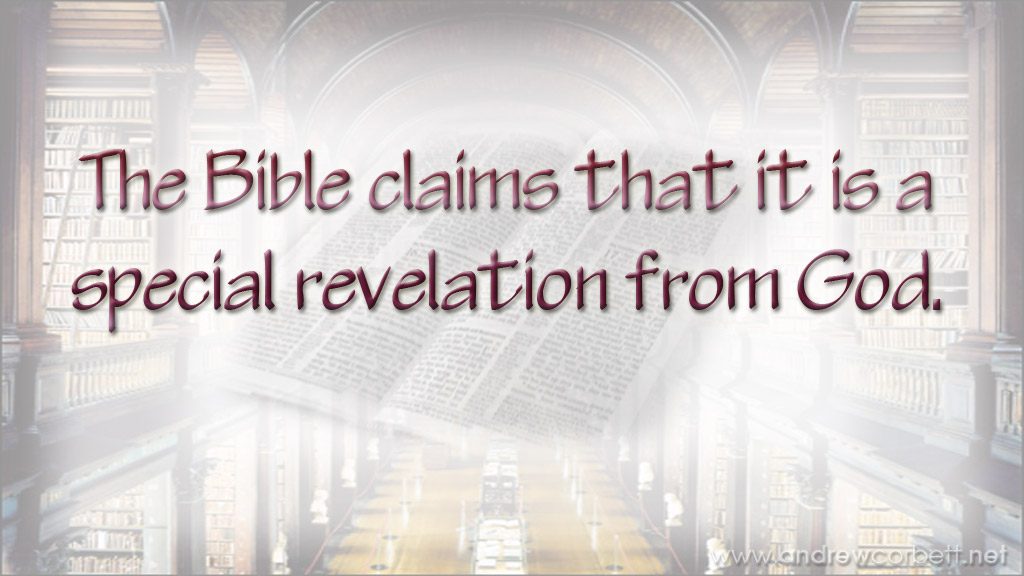 One of the biggest difficulties the atheist has with their position is: the Bible. The Bible’s claim is to be the special revelation from God. It has survived thousands of years of criticism and attack. But like a mountain of granite, it has not been worn down or moved by its attackers. In fact, many of those who did attempt to disprove or discredit it, have found themselves being conquered by it.
One of the biggest difficulties the atheist has with their position is: the Bible. The Bible’s claim is to be the special revelation from God. It has survived thousands of years of criticism and attack. But like a mountain of granite, it has not been worn down or moved by its attackers. In fact, many of those who did attempt to disprove or discredit it, have found themselves being conquered by it.
The Bible asserts its claims can be verified.Therefore, if it can be shown that it’s claims are factually, historically, or scientifically false than its central claim to being the ‘Special Revelation’ from God collapses entirely. It encourages testing truth claims-
Test all things; hold fast what is good.
First Thessalonians 5:21
In several instances it makes claims that its original audience could have immediately discredited.
Then he appeared to more than five hundred brothers at one time, most of whom are still alive, though some have fallen asleep.
First Corinthians 15:6
As well as the Bible claiming to be a revelation from God, and that its claims can be verified, it is unique among all of the major religious books of the world because its contents are presented as an unfolding story…
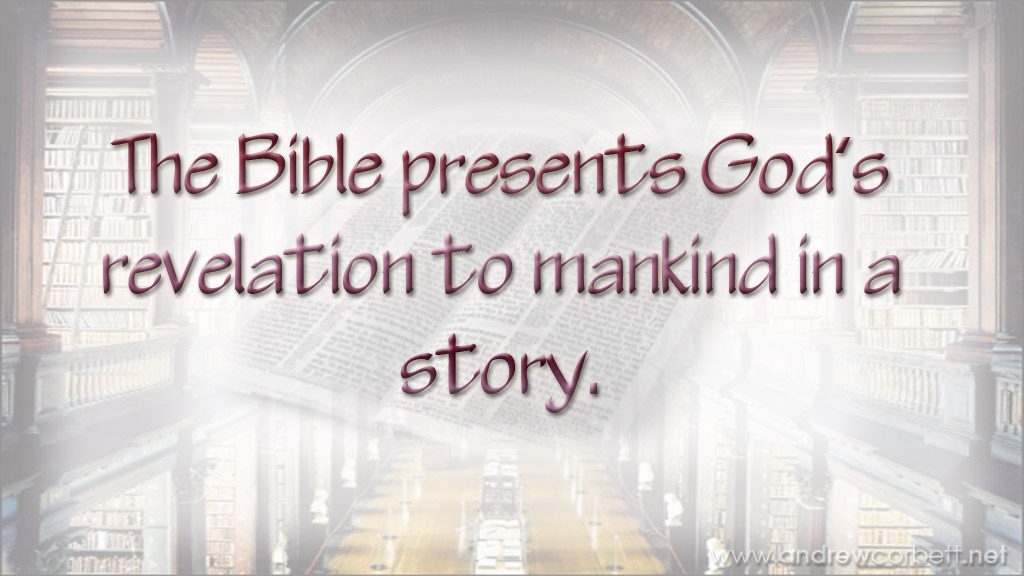
Every good story has 5 essential components. 1. The Beginning, 2. The Problem, 3. Attempts to resolve it, 4. The Ultimate solution. If you think about a good novel, especially a murder mystery, you will observe this general framework. And the fifth component is…
 The happy ending. The Bible also follows this general outline because it is The Story upon which all other stories are structured.
The happy ending. The Bible also follows this general outline because it is The Story upon which all other stories are structured.
We can briefly look at how each of these components is reflected in the Bible, and the evidence supports its claims which causes us to regard the Bible as reliable.
Firstly, “The Beginning”.
One of the most validated scientific facts is that the world began. This was not always believed. Scientists trying to promote a naturalistic view of the world and limitation of science (to methodological naturalism) used to propose that the universe has always existed. Einstein used to think that the universe continually expanded and then contracted. This was referred to as “the Steady State Universe”. But when Edwin Hubble discovered that the Universe is only expanding, Einstein had to recant (Google, “Einstein’s great embarrassment”). Because the Universe is only expanding it means that it must have had a singular beginning from potentially infinite density. This view of cosmology endorses the Bible’s claims that the world had a beginning.
We also live in a world which is subject to the law of decay (“Entropy”). This also confirms that the universe itself must have had a beginning since even the universe itself is subject to decay.
Philosophically, an infinite past is impossible. Since we live in a dimension of time, there must have been a beginning of time. And Anthropologically, even if someone holds to Darwinian evolution, they still acknowledge that mankind has not always existed- we came into existence at a point in time. In order for this to happen, the just-right environment necessary for advanced life must have become ready thus implying a beginning of time. This is precisely what the Bible teaches. Thus, we can see that the Bible is reliable when it states that the world and humans had a beginning.
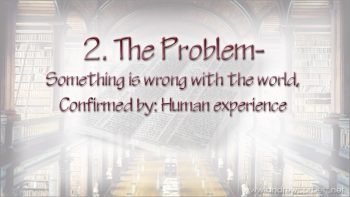 Secondly, the Bible reveals that there is something wrong with the world. The Bible calls this “sin”. It claims that this spiritually toxic disease has marred mankind’s peace with the world, others, himself and God. This is confirmed by having a pulse and breathing. We all experience the pain of the world’s wrongness: physically, socially, environmentally, emotionally, and spiritually. Thus the Bible’s message and description of the problem is confirmed by human experience and study.
Secondly, the Bible reveals that there is something wrong with the world. The Bible calls this “sin”. It claims that this spiritually toxic disease has marred mankind’s peace with the world, others, himself and God. This is confirmed by having a pulse and breathing. We all experience the pain of the world’s wrongness: physically, socially, environmentally, emotionally, and spiritually. Thus the Bible’s message and description of the problem is confirmed by human experience and study.
Thirdly, the Bible describes the failed attempts of mankind to solve the problem on their own. The Book of Ecclesiastes in particular exposes the futility of a person attempting to resolve the problem through: hard work, leisure, sex, gluttony, alcohol, education, religious devotion, building, gardening, and marriage. But none of these solve the problem. Again, human experience confirms that all our attempts to solve the problem have not.
Fourthly, the Ultimate Solution- God has sent His Son as our redemption and atonement. All of the Old Testament points forward to this. All of the New Testament points back to it. History and human experience of Christ’s salvation of mankind from sin confirms this message of the Bible, thus assuring us of the reliability of the Bible.
And fifthly, the Bible discloses the ultimate happy ending- God will triumph and we (the redeemed) will enjoy it! This is a major unfulfilled prophecy in Scripture. We can have confidence that the Bible is reliable regarding this because of its proven credibility with the vast majority of its prophecies already being fulfilled.
But can we take the Bible literally? To take any literature “literally” is to take it as it was intended. For example, to take Poetry “literally” is to understand what it is intending to mean. When the Bible records narrative it does so faithfully without necessarily endorsing what it is narrating. For example, there are examples of war crimes narrated in the Bible which some people have mistakenly interpretted to mean that the Bible endorses such things. In other passages of the Bible, its commands are people/place/time specific and can not applied in the same manner to any other people/place/time.

Taking the Bible literally means reading it through “The Lens of Context”…
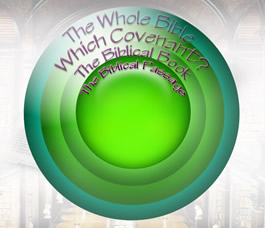 The Lens of Context involves-
The Lens of Context involves-
Take the Bible as a whole.
Only 2% of all Christians have ever ready the entire Bible through from Genesis to Revelation! But by gaining a panorama of the whole Bible, this will enable us to use Scripture to interpret Scripture. It will also lessen the likelihood of interpretting a verse of Scripture in a way that disagrees with the overall tenor of Scripture.
The second aspect to interpretting in Context is to note which Covenant a particular passage is from.
The New Covenant has made the Old Covenant obsolete (Heb. 8:13). Thus, today we are only bound by those Laws that are proscribed in the New Testament.
The third thing we must do is consider the Book of the Bible.
What Genre is it – History? Law? Poetry? When was written? Where was it written or addressed to? Why was it written? Who wrote it and who was the audience? How did the original audience understand it?
 By reading Scripture in Context we will be able to apply one of the fundamental principles of Biblical Interpretation: Scripture Interprets Scripture.
By reading Scripture in Context we will be able to apply one of the fundamental principles of Biblical Interpretation: Scripture Interprets Scripture.
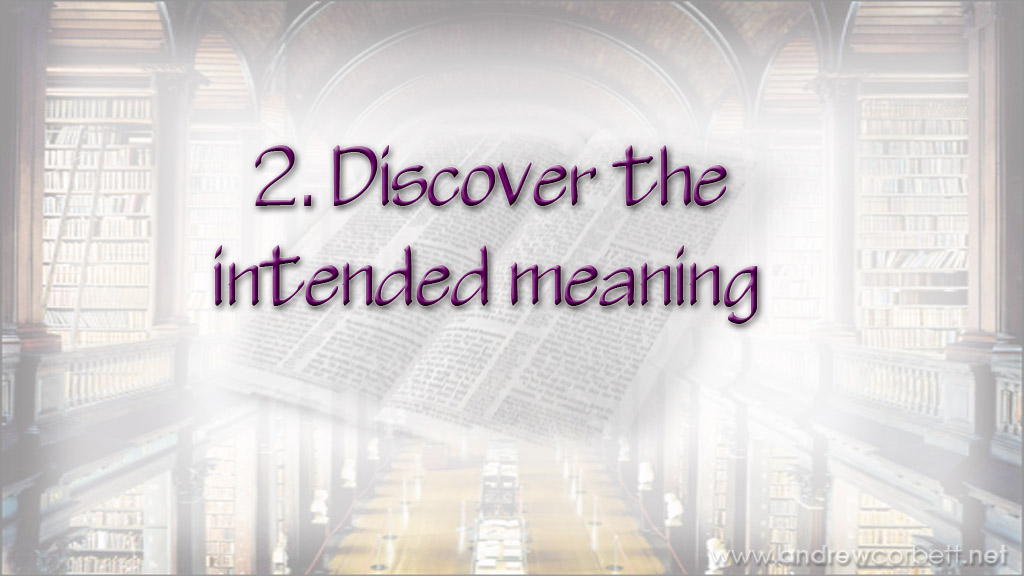 Secondly, we will be better able to discover the intended meaning of a passage which is imperative to understanding the Biblical text.
Secondly, we will be better able to discover the intended meaning of a passage which is imperative to understanding the Biblical text.
But most importantly, the Bible is not just for interpretting, it is for guidance and the formation of our soul. Thus, reading the Bible is not just about information but about transformation. This is why the Bible should be read prayerfully. Let’s pray.
© Dr. Andrew Corbett, March 10th 2010, writing from Legana, Tasmania.
Download a Powerpoint Presentation of This Message [Download] View This Powerpoint Presentation [View] This article may be copied and distributed if due credit is given to the author, the article is not altered, and the website- https://www.findingtruthmatters.org – is hyperlinked or referenced.
-
Sale!

5 Things We Need To Do To Break Our Church’s 200 Barrier, Premium Audio
Original price was: $1.75.$0.95Current price is: $0.95. -
Sale!

A Morning With Izaak Walton – The Compleat Man, Premium Audio
Original price was: $1.75.$1.25Current price is: $1.25. -
Sale!
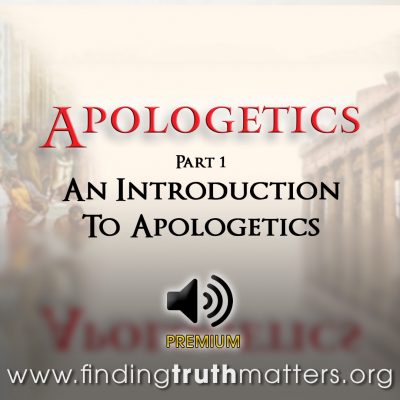
Apologetics Part 1 – Introduction To Apologetics, Premium Audio
Original price was: $1.75.$0.95Current price is: $0.95. -
Sale!
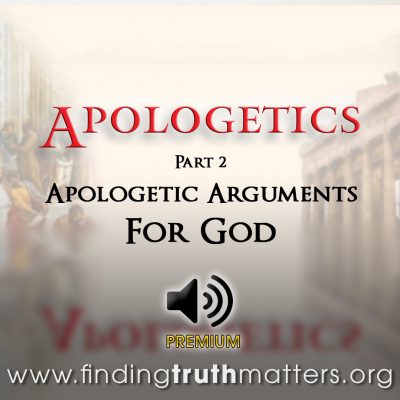
Apologetics Part 2 – The Apologetic Arguments For God, Premium Audio
Original price was: $1.75.$0.95Current price is: $0.95. -
Sale!
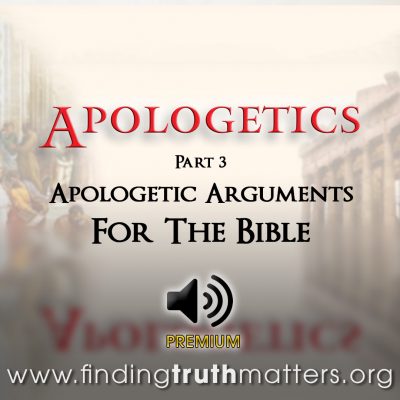
Apologetics Part 3 – The Apologetic Arguments For The Bible, Premium Audio
Original price was: $1.75.$0.95Current price is: $0.95. -
Sale!
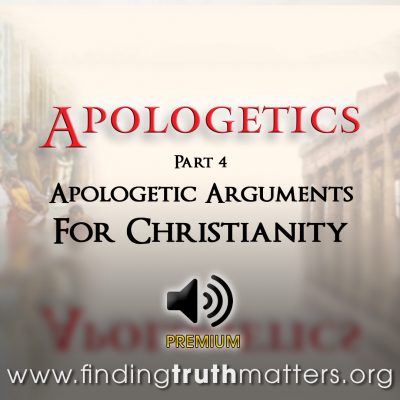
Apologetics Part 4 – The Apologetic Arguments For Christianity, Premium Audio
Original price was: $1.75.$0.95Current price is: $0.95. -
Sale!
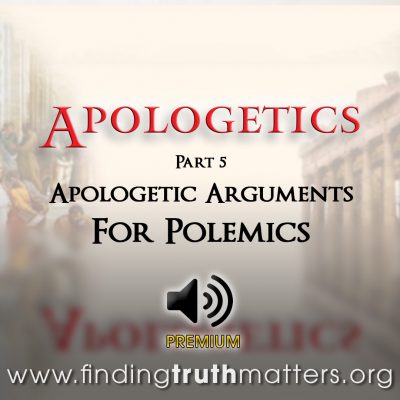
Apologetics Part 5 – The Apologetic Arguments For Polemics, Premium Audio
Original price was: $1.75.$0.95Current price is: $0.95. -
Sale!

Being A Candlestick Church, Premium Audio
Original price was: $1.75.$0.95Current price is: $0.95. -
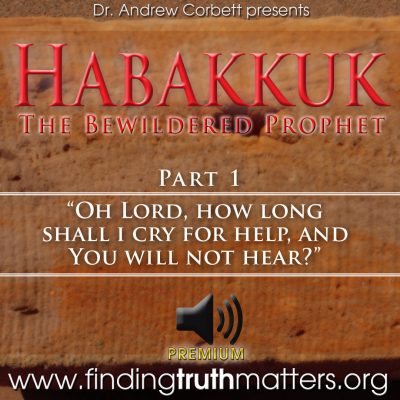
Habakkuk Part 1, Premium Audio
$1.75 -
Sale!
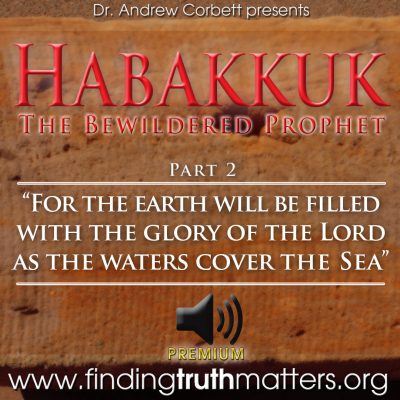
Habakkuk Part 2, Premium Audio
Original price was: $1.75.$0.95Current price is: $0.95. -
Sale!
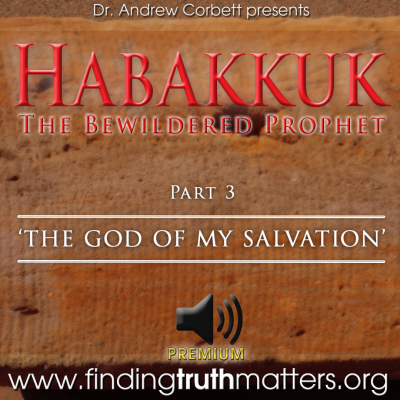
Habakkuk Part 3, Premium Audio
Original price was: $1.75.$0.95Current price is: $0.95. -
Sale!

If Dead Men Could Speak – Premium Audio
Original price was: $1.75.$1.25Current price is: $1.25. -
Sale!

Living By Virtue, Part 1 – By Virtue of Peace
Original price was: $1.75.$1.25Current price is: $1.25. -
Sale!

Living By Virtue, Part 2 – By Virtue of Love
Original price was: $1.75.$1.25Current price is: $1.25.









































0 Comments